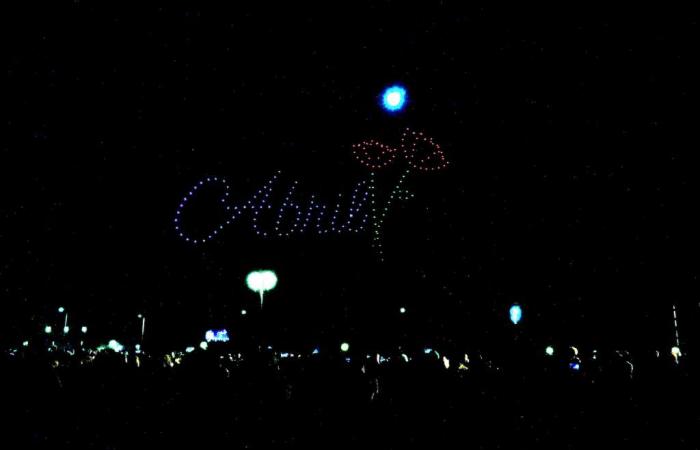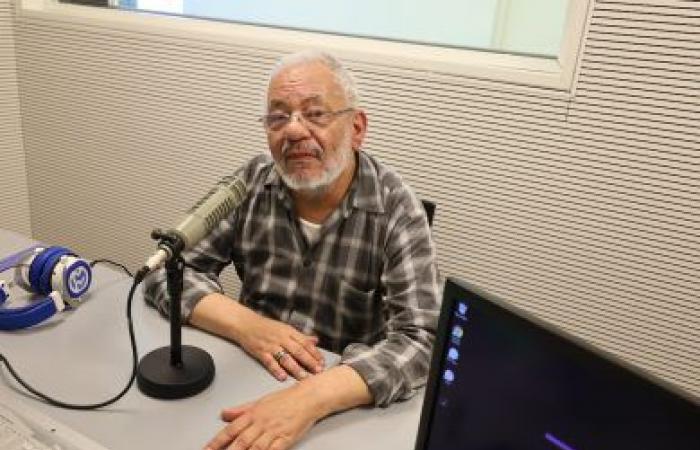Historian António Matos Ferreira states that «the possibility of participating» caused some «dysfunctionality»
Lisbon, April 25, 2024 (Ecclesia) – Historian António Matos Ferreira stated in an interview with ECCLESIA Agency that, with the change of regime on April 25, freedom became “the essential reference of living in common”, linked to “possibility to participate”.
“We talk about freedom, but freedom is linked to the possibility of participating. Therefore, this correlation between the freedom to act and the possibility that, in acting, people have to intervene, and to intervene in a different way, is effectively the main issue of the impasse in which the regime found itself and the dysfunctionality that the regime already had. met with the Church”, says António Matos Ferreira.
The historian considers that the realization of freedom and participation, in the religious context, does not only happen in “ideological things”, but in practical situations, at the time, such as when “the priest who refused to be a military chaplain, refused, in certain lands where there was a Catholic elite completely linked to the regime, refused to carry out processions”.
António Matos Ferreira evokes the 25th of April as “a day” or “a dawn”, which was followed by “a moment of explosion” due to the dismissal of the regime that existed and “had its legitimacy” in the international context.
“The coup of the 25th of April was not a foregone conclusion”, he states, recalling the “very exceptional, very complex circumstances” in which Portugal found itself, in a recognized government and which needed to change in order to “move from one legitimacy to another, which was I wanted democracy.”
“And why democratic? Because there was a central idea that I think is what characterizes this mutation, which is: freedom as the essential reference for living in common,” she stated.
Freedom was fundamentally the possibility for people to act, participate, determine their conscience and, therefore, this affected a lot of things.”
António Matos Ferreira states that having freedom as the “essential reference for living in common” has been reflected in many sectors of society to date, also in the religious sphere.
“The 25th of April also accelerated a process of mutation that was felt in society with regard to religious experience, more than religion in the abstract, religious experience”, he stated.
In the interview broadcast today on the Ecclesia Program, at 3:10 pm, on RTP2, the historian also analyzes the participation of Catholics in the democracy inaugurated with the April Revolution, referred to by the Portuguese Episcopal Conference in documents it published even before the 25th of April and later in a Note Pastoral, in July 1974.
“What is perhaps new is this devaluation, almost interdiction, that no party should claim to represent Catholic thought, the Catholic position,” he stated.
António Matos Ferreira recalls the position of the Portuguese Episcopal Conference in the 70s of the 20th century, points to “an openness to the cooperation of Catholics outside the so-called Christian Democratic family” and recognizes that “Catholics can participate in all those parties that do not attack the religion and the Church.”
In the interview with ECCLESIA Agency, the historian presents indicators of “people, groups, dynamics” in the Catholic environment that, “slowly”, constitute a “position that is not only dissident to the regime, but clearly in support of the need to change the regime” and values the pontificate of Paul VI, who gives this position a “fundamental contribution”.
This April 25th marks the 50th anniversary of the military coup that put an end to 48 years of dictatorship and 13 years of colonial war and established democracy in Portuguese society, with the promise of free elections.
To mark the 50th anniversary of the April Revolution, the ECCLESIA Agency and the Center for Religious History Studies at the Portuguese Catholic University published the work “25 de Abril. Permanencies, ruptures and compositions”, which is for sale and can be requested via email [email protected].
PR
Tags: April Freedom participation essential reference living common
--






